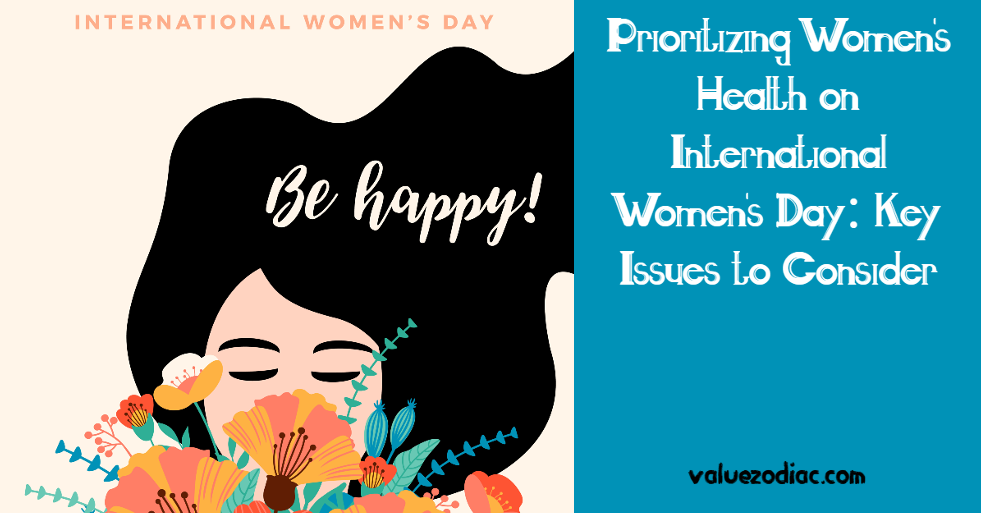International Women’s Day, celebrated on March 8th every year, is a day to recognize and celebrate women’s achievements and contributions to society. It is also a day to raise awareness about important issues facing women, including their health. Women’s health is a critical issue that affects not only women themselves, but also their families and communities. Here are some key aspects of women’s health that deserve attention on this important day.
1.Reproductive health
Reproductive health is a fundamental aspect of women’s health. Access to reproductive healthcare services, including contraception and safe abortion, is essential for women to be able to control their own bodies and make decisions about their lives. Lack of access to these services can result in unintended pregnancies, unsafe abortions, and maternal mortality.
2. Breast cancer
Breast cancer is the most common cancer among women worldwide. Early detection is key to effective treatment and survival. Women should perform regular breast self-exams and get mammograms as recommended by their healthcare provider.
3. Mental health
Mental health is just as important as physical health. Women are more likely than men to experience anxiety and depression, and these conditions can have a significant impact on their quality of life. Seeking help from a mental health professional is important if symptoms persist or become overwhelming.
4. Heart disease
Heart disease is the leading cause of death among women worldwide. Risk factors for heart disease include high blood pressure, high cholesterol, smoking, obesity, and physical inactivity. Women should be aware of their risk factors and take steps to manage them, such as eating a healthy diet, exercising regularly, and quitting smoking.
5. Maternal and child health
Maternal and child health are closely linked. Ensuring that women have access to quality prenatal care, safe delivery, and postpartum care is essential for both maternal and child health. Good nutrition, immunizations, and regular check-ups for children are also critical for their health and development.
6. Violence against women
Violence against women is a pervasive and serious problem that affects women’s health and well-being. Women who experience violence are at increased risk for a range of health problems, including physical injuries, mental health issues, and reproductive health problems. Efforts to prevent and respond to violence against women are essential for promoting women’s health and human rights.
7. Aging
As women age, they are at increased risk for a range of health problems, including osteoporosis, arthritis, and cognitive decline. Regular check-ups, healthy lifestyle choices, and social engagement can help promote healthy aging and prevent or manage age-related health problems.
On this International Women’s Day, let’s remember that women’s health is essential for the health and well-being of families, communities, and societies. By raising awareness about these key issues and advocating for policies and programs that support women’s health, we can create a healthier and more equitable world for all.




